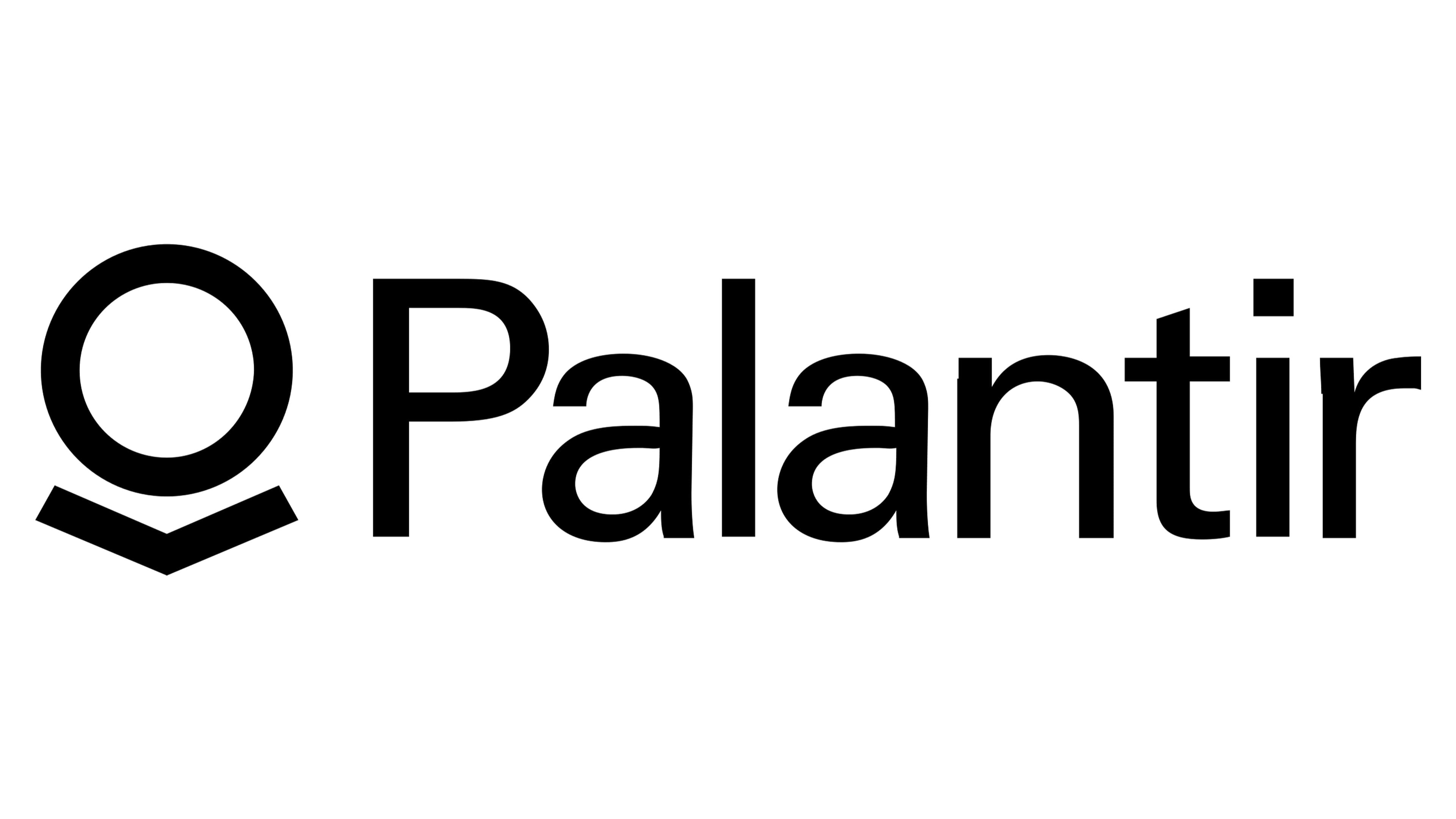The Palantir Shadow
Palantir Technologies, a $100B+ titan born in the crucible of post-9/11 paranoia, operates as a digital panopticon, weaving vast data streams into predictive webs for governments and corporations. Founded in 2003, its software—named after Tolkien’s all-seeing stones—powers everything from immigrant tracking to military strikes, cloaked in the guise of efficiency. As Trump 2.0 escalates deportations and defense budgets, Palantir’s contracts surge, raising alarms over privacy, ethics, and unchecked power. This page unmasks its founders, purpose, ties to shadowy In-Q-Tel, government funding, and the dark scandals fueling its rise.
The Architects of the Void
Palantir’s genesis lies with Peter Thiel, PayPal co-founder and libertarian mogul, who injected $30M to birth the company from the ashes of the CIA’s Total Information Awareness program. Thiel, a Trump ally via Founders Fund, saw data as a tool for dominion. Alex Karp, CEO since 2003 and Thiel’s Stanford law peer, wields philosophical zeal, decrying “woke” culture while championing AI to “scare enemies and occasionally kill them.” Co-founders Joe Lonsdale, Stephen Cohen, and Nathan Gettings adapted PayPal’s fraud-detection Igor system for counter-terrorism, promising liberty’s safeguard—a promise now questioned.

Peter Thiel: The Shadow Investor
Thiel’s $2B+ stake and political sway drive Palantir’s ascent. A critic of democratic “excess,” his hefty Trump 2024 donations cement Palantir as a surveillance linchpin in the “Trump trade.”

Alex Karp: The Eccentric Oracle
Karp, reaping $6.8B in 2024, pushes a “pro-Western” AI crusade. His book, The Technological Republic, merges Girardian mimetics with Schmittian enmity, warning of wars against China, Russia, and Iran.
The Facade of Insight : Gotham
Palantir markets “foundational software” for data integration: Gotham for intelligence, Foundry for commercial analytics, Apollo for cloud and battlefield deployment, and AIP for secure generative AI. Born to fight terrorism using PayPal’s fraud-detection roots, it claims to solve “hard problems” while preserving freedoms. Gotham fuses siloed data for alerts, geospatial mapping, and predictions; Foundry streamlines corporate ops; AIP powers AI-driven decisions. Clients range from hedge funds to health orgs, but its core is surveillance: predictive policing, drone targeting, and mass data aggregation, veiled as “responsible AI.”
In-Q-Tel: The CIA’s Venture Arm

In-Q-Tel, founded in 1999 as the CIA’s venture capital arm, seeds tech startups to advance intelligence capabilities, bridging Silicon Valley and spycraft. Named after “Q” from James Bond, it was spearheaded by CIA Director George Tenet and Norman Augustine, ex-Lockheed Martin CEO, to counter post-Cold War tech gaps. With $200M+ annual budgets, it funds AI, cybersecurity, and data analytics firms, often cloaked in secrecy. Palantir’s birth relied on In-Q-Tel’s $2M seed in 2004, tying it to the CIA’s Total Information Awareness vision. This link enabled Palantir’s Gotham platform to flourish, serving NSA, FBI, and DoD with surveillance tools. Scandal: In-Q-Tel’s opaque investments, including Palantir, sparked 2000s congressional probes over unaccounted funds and fears of unchecked surveillance tech proliferation.
Key Connections: In-Q-Tel’s backing of Palantir ties to government contracts, fueling Maven’s AI strikes and ICE’s deportation machine, weaving a web of covert influence.
Black Gold from the Deep State
Over 54% of Palantir’s revenue flows from federal contracts, surging under Trump 2.0. In-Q-Tel’s $2M seed (CIA’s VC) birthed it; now, $113M+ since January 2025 includes a $30M ICE deal for migrant tracking and a $795M Pentagon Maven boost to $1.3B for AI targeting. A $800M DoD pact, $1B Navy software deal, and a proposed master database merging DHS, DoD, HHS, SSA, and IRS data power deportations and efficiency drives. DoD obligations total $1.66B. As Musk’s DOGE pushes cuts, Palantir partners with firms like Booz Allen, entrenching its grip.
| Contract | Value | Purpose |
|---|---|---|
| ICE Migrant Tracking | $30M | Real-time visibility for deportations |
| Pentagon Maven AI | $1.3B | Drone footage analysis, precision strikes |
| Navy Software | $1B | Integrated data ops for naval intel |
| DoD Obligations | $1.66B | Overall defense analytics expansion |
The Abyss Stares Back
Palantir’s dark reality is a quagmire of ethical breaches: surveillance without bounds, lives reduced to data points. ICE’s Investigative Case Management system sifts immigrant data for raids, igniting protests and ex-employee backlash for betraying founding ideals. In Gaza, Gotham enables IDF targeted killings via social media and cell pings—thousands dead, per reports. LAPD’s predictive policing amplifies racial bias, forecasting “crime” with inequity. NHS data-sharing sidestepped ethics; German states resist federal rollout over privacy fears. Ex-staff decry Trump-era work as “civil liberties violations”; critics brand Palantir the “world’s most evil company” for deportation databases and AI-driven carnage. With a 500% stock surge, its scandals multiply like a hydra.

Maven: The AI Reaper
Palantir’s $1.3B DoD-backed Maven analyzes drone feeds for strikes, evolving from Google’s ethical exit. Linked to TITAN terminals and MetaConstellation satellites, it enables long-range kills, blending AI with human oversight under a “precision” veil. Scandal: Maven’s role in Gaza strikes, using Palantir’s AI to target civilians based on loose data, sparked global outcry over war crimes complicity.
Sources from the Shadows
These sources unravel Palantir’s web, blending leaks, reports, and exposés. The full truth remains buried in classified contracts.
- Wikipedia: Palantir Overview & History
- WIRED: What Palantir Actually Does
- Guardian: Thiel’s Palantir Threat
- NPR: Ex-Workers Condemn Trump Ties
- NYT: Lawmakers Demand Contract Details
- DefenseScoop: Maven $1.3B Boost
- Forbes: Revenues Rise, Controversy Grows
- Substack: Palantir, World’s Most Evil
- Wikipedia: In-Q-Tel Overview
- In-Q-Tel: Official Mission